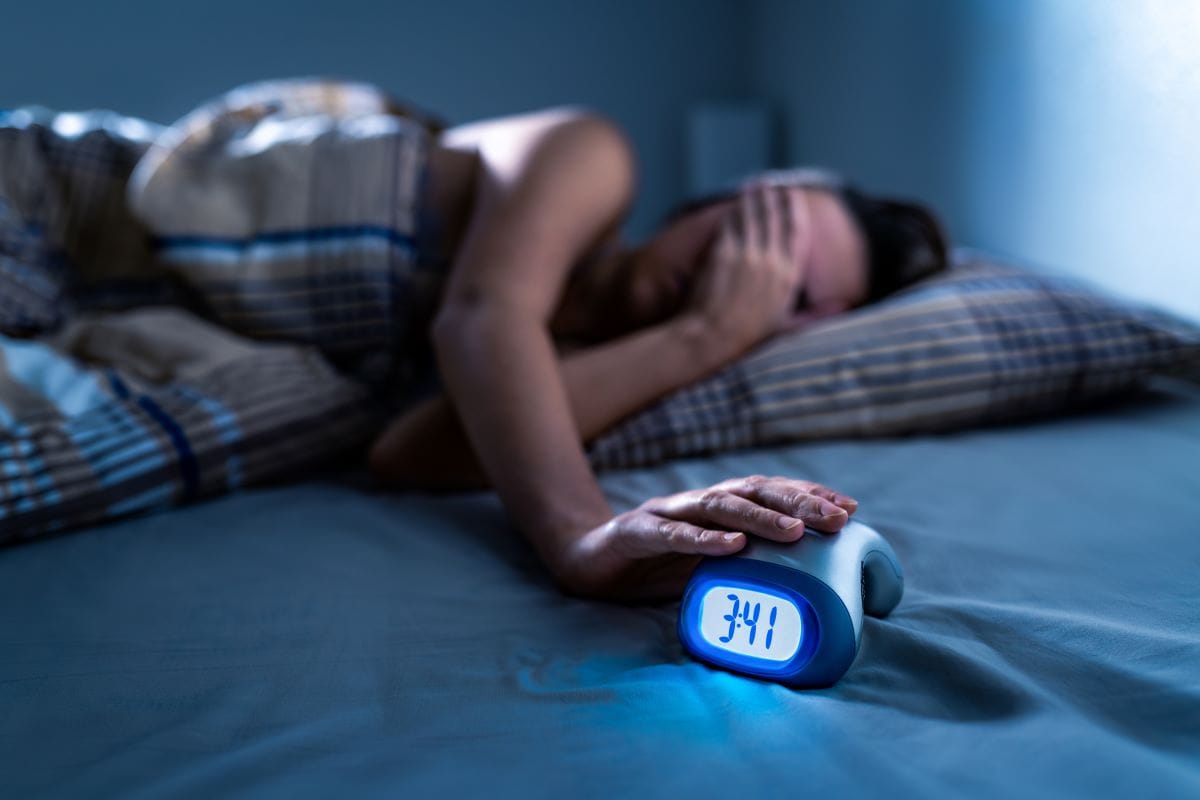Sleepless at 3 AM? This Japanese Technique Could Help You Drift Off Quickly

Nearly 1 in 5 people suffer from insomnia, leading to fatigue, irritability, and difficulty concentrating during the day. Fortunately, there’s a simple Japanese method that can help you fall back asleep.
What Is “Moon Breathing”?

“Moon Breathing” is a Japanese breathing exercise, also known as “chandra bhedana” in yoga. It’s designed to calm the body and mind, promoting restful sleep.
Simple and Effective

This technique is easy to perform and doesn’t require any special tools. It can even be done right in bed if you wake up during the night.
How to Do It – Step 1

Lie on your back in bed, close your eyes, and relax your body.
Step 2 – Close Your Right Nostril

Using your right thumb, gently close your right nostril.
Step 3 – Breathe Through Your Left Nostril

Take deep, deliberate breaths in and out through your left nostril for 2–3 minutes. If you’re feeling particularly stressed, continue for a little longer.
Why Does It Work?
The left nostril is connected to the part of the nervous system responsible for relaxation. This technique calms the mind and resets the nervous system, helping you drift back to sleep.

Proven Benefits for Sleep Quality

A 2022 study found that students with sleep difficulties experienced significantly improved sleep quality after just four weeks of using this method.
Helps with Sleep Deficit

The exercise is particularly effective for those with sleep debt, helping you fall asleep faster and improving the quality of the sleep you get.
Ready to Try It Yourself?

The next time you wake up at 3 AM, give this simple technique a try. You’ll soon notice how it helps you relax and fall back asleep.
Based on information from JournalDesFemmes
